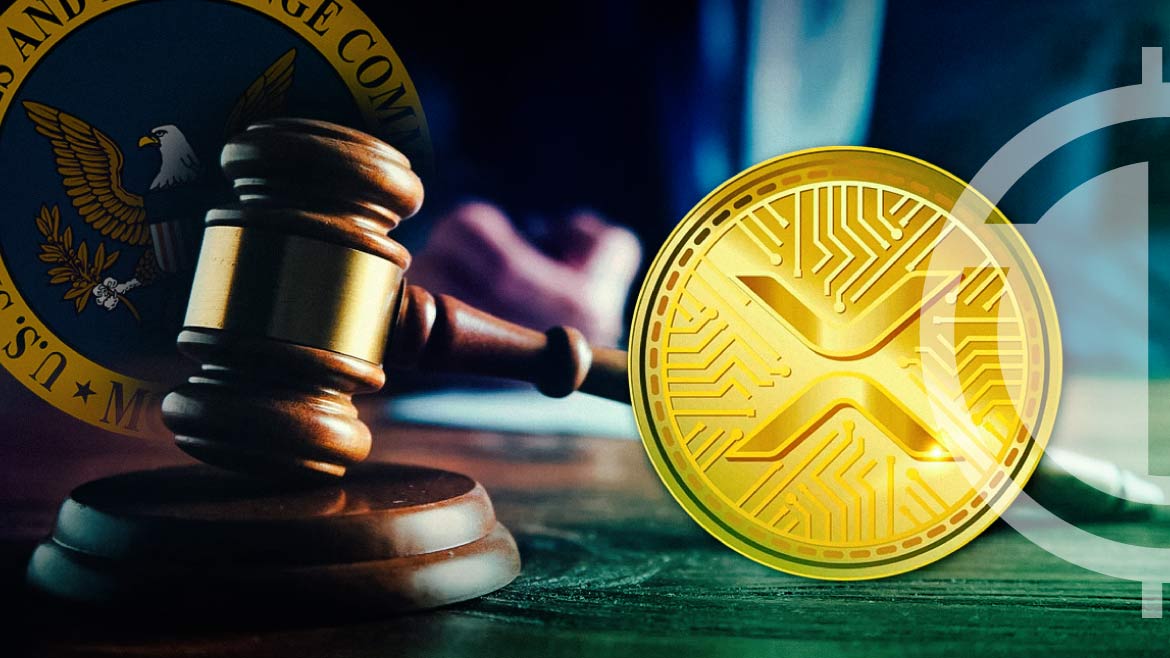- Crypto lawyer Bill Morgan believes that Ripple should appeal the ruling regarding XRP sales to ODL users.
- Morgan highlighted that ODL users bought XRP as a bridge currency rather than an investment.
- The crypto lawyer has maintained that XRP sales to ODL users do not qualify as an investment contract.
Bill Morgan, a lawyer popular among crypto circles online, recently stated that Ripple should revisit the court’s recent summary judgment in the lawsuit brought by the U.S. Securities and Exchange Commission (SEC). The crypto lawyer questioned by Ripple had not appealed the ruling that qualified its XRP sales to On Demand Liquidity (ODL) customers as an investment contract.
Morgan took to X (formerly Twitter) earlier today to share his take on the matter:
So institutions who use ODL and acquire XRP to use as a bridge currency may do so for these commercial reasons👇 not for investments with an expectation of profits from XRP price appreciation. How can Ripple not appeal the finding XRP sales to ODL users are investment contracts. https://t.co/4f7LoiHFZI pic.twitter.com/6xffM6ZhD5
— bill morgan (@Belisarius2020) August 16, 2023
Morgan cited a recent tweet by Ripple, which highlighted the use cases of blockchain payment solutions for enterprises. Among those was Ripple’s On Demand Liquidity payment solution, which offered greater liquidity to clients along with efficient cross-border settlement by using XRP as a “neutral bridge for various fiat currency pillars.”
According to Morgan, institutions that use Ripple’s ODL service to acquire XRP to use it as a bridge currency for commercial reasons did so without the expectation of profits from an increase in the token’s price. The crypto lawyer questioned why Ripple did not use this to appeal the court’s recent ruling which found that XRP sales to ODL clients was a securities offering.
As per the Howey Test, which has historically been used by the SEC to determine if an asset qualifies as a security, there should be an expectation of profit while buying an asset for it to be considered an investment contract. It is one of the three prongs of the Howey Test and appears to not apply to the XRP sales to ODL clients.
Morgan previously told his followers that the securities regulators would have a hard time proving the XRP sales to ODL clients as an investment contract. This was due to the absence of a common enterprise, which is another element of the Howey Test. Given that ODL users were essentially customers of a Ripple product, it was difficult to identify a common enterprise to satisfy the Howey Test.






